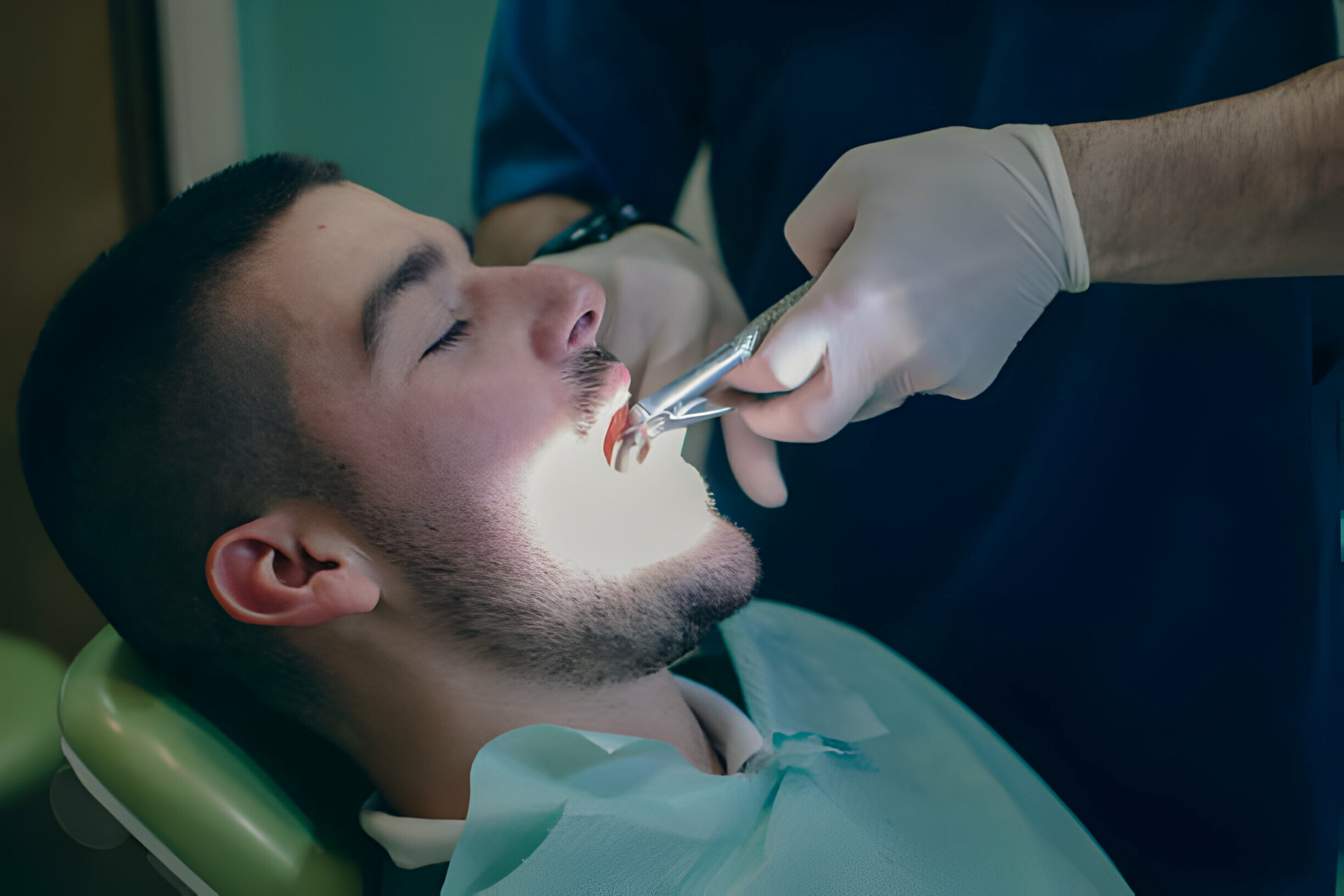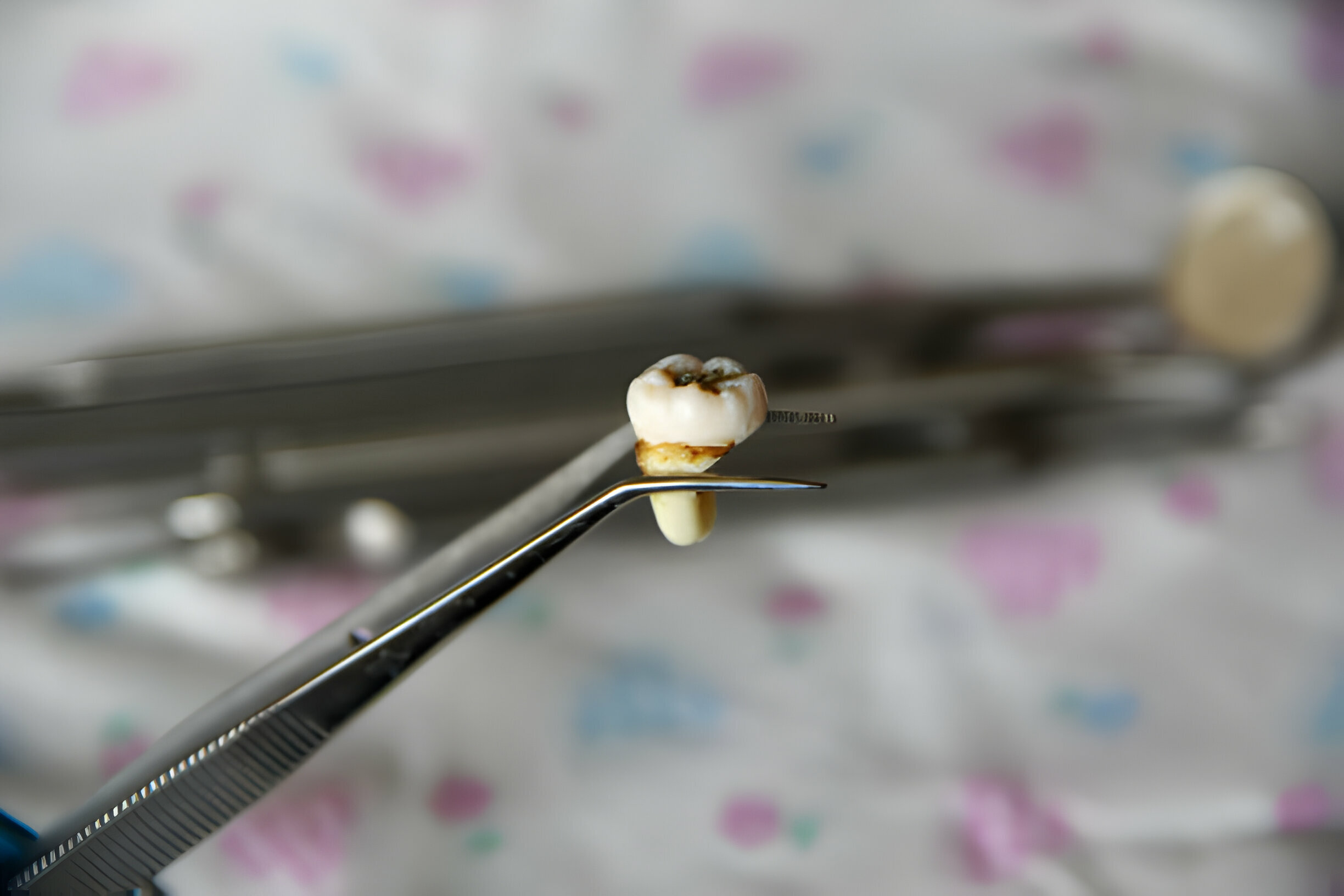Summary
Do you often suffer from severe pain in your cavity?
If yes, you might have a serious condition – visit a dentist today for a timely diagnosis!
When toothache is recurring, sharp, constant, or dull, it can become a major annoyance. Sadly, you might have to bear the discomfort if you cannot schedule an appointment with your dentist immediately.
Interestingly, this is where handy pain relief procedures come into the picture. When done accurately, these remedies can help subside the pain until you visit your dentist.

Let’s learn more about these procedures and remedies in the following sections via topics like:
- What Causes Tooth Pain?
- How to Relieve Excruciating Tooth Pain?
- Home Remedies for Toothache – What to Do?
- Can You Prevent A Toothache?
- Lifestyle Tips to Get Relief from Tooth Ache
Continue reading as we learn more about managing toothache in the following sections.
What Causes Tooth Pain?
Various severe conditions, including a fractured tooth, dental decay, infected gums, a broken filling, or an abscessed tooth, can cause oral discomfort.
Interestingly, however, most individuals doubt the severity of such conditions and ask themselves, “Are toothaches normal?”
The answer is yes. When left untreated, it can result in serious consequences, such as tooth and bone loss.
Typically, a tooth’s enamel surface weakens, enabling pathogenic organisms to enter. As white blood cells try to battle the infection, they break down and die, accumulating pus, yet the body continues to send blood.
As the pressure within the blood artery rises, the vessel must expand to accommodate this pressure, putting enormous strain on the nerve inside your tooth.
Here are a few instances of what happens during such moments:
- Severed, broken, or chipped tooth
- Swollen, red gums
- Swollen face or jaw
- A swollen, red bump in the mouth
- Throbbing pain
- A fever
- Blood or pus
- Unpleasant or salty taste in the mouth
Bacterial infections can sometimes spread to other areas, requiring hospitalization or worse. If you experience the following symptoms of an abscessed tooth, it is critical to seek emergency care.
How to Relieve Excruciating Tooth Pain?
No matter the source of your tooth discomfort, you should visit your dentist for an assessment as soon as possible!
However, if you feel a cavity or a slight fracture causes your dental discomfort, you can try the following measures to alleviate the pain until you can visit a specialist.
However, suppose you need a temporary toothache remedy (assuming your underlying condition doesn’t cause you severe pain or you’re waiting for a dentist appointment). In that case, you can follow a few home remedies.
Home remedies help you cure your toothache using over-the-counter drugs, cold compresses, and other at-home remedies.
Continue reading for more home cures for tooth pain in the following section.

Home Remedies for Toothache – What to Do?
1. Apply a cold compress:
In general, there are two techniques to relieve toothache discomfort.
The first involves lowering inflammation, while the second focuses on blocking the signals about brain damage. The aim of this technique is to place a cold pack on your face for 20 minutes and subside pain.
However, while at it, use a cloth as a buffer to avoid accidentally damaging your skin. It can assist in relieving discomfort by lowering pain and swelling.
But if the condition worsens, consider contacting your nearest expert for toothaches in Reidsville, NC.
2. Take an anti-inflammatory medicine:
Anti-inflammatory medications such as ibuprofen can also help to decrease swelling and block pain signals. If you use ibuprofen, take it every few hours as directed on the product label.
Avoid taking the drug once and then quitting when you experience relief, as the pain and inflammation will most likely return. If you don’t have ibuprofen, you can take acetaminophen, which will relieve pain but is not an anti-inflammatory.
3. Rinse with salt water:
In addition to cold packs and over-the-counter medication, there are other natural alternatives to relieve toothache. Rinsing your mouth with warm salt water might help remove infections and relieve pain.
Salt water treatment for a toothache can also aid in healing dental lesions and inflammation. Just ensure you don’t drink any salt water when rinsing.
4. Use a hot pack:
Applying a hot pack to the side of your jaw might help relieve soreness. If you don’t already have a heat pack, make one by filling a clean sock with rice and tying one end.
Following this, microwave the rice-filled sock for a few minutes. The heat from the pack will help block pain signals from your mouth to your brain.
5. Try acupressure:
Research suggests that acupressure may alleviate toothache pain by stimulating the release of endorphins.
Specific areas of the body are thought to be connected with mouth pain. Before attempting acupressure, explore credible internet resources for further information.
Lifestyle Tips to Get Relief from Tooth Ache
- Avoid sugary and acidic foods/drinks: Sugary food items, such as juices, candy, and sodas, increase tooth decay while also irritating an already sensitive or sore tooth. Acids in meals can damage enamel and cause dental discomfort. It is advised to avoid these things until the tooth discomfort has subsided.
- Quit smoking/using tobacco products: Tobacco usage is a significant risk factor for dental issues such as gum disease and tooth discoloration. Tobacco chemicals can impede healing and reduce the body’s capacity to fight infection in the mouth. Quitting smoking and other tobacco products can improve general oral health and aid in the healing of tooth discomfort.
- Eat a healthy diet: It’s critical to comprehend how diet and dental health are related. A nutritious, well-balanced diet can help reduce tooth pain and improve general dental health. Incorporate foods high in vitamins and minerals necessary for healthy teeth and gums, such as vitamins C, D, calcium, and phosphorus. A healthy diet decreases inflammation and aids recovery.
- Maintain good oral hygiene habits: Plaque and food particles that could aggravate a hurting tooth can be removed by cleaning your teeth twice daily using fluoride toothpaste and a soft toothbrush. Daily flossing helps to release trapped food particles in between teeth. Maintaining good dental hygiene is essential to preventing more issues.

Can You Prevent A Toothache?
Good dental hygiene can help avoid toothaches. Floss at least once a day, and clean your teeth for at least 2 minutes twice a day. You may also use mouthwash.
Also, see your dentist twice a year for regular examinations and cleanings.
Some meals can induce plaque accumulation, including:
- Citrus
- Carbonated drinks
- Bread
- Alcohol
- Sour candies
- Ice
- Potato chips
- Dried fruits
Floss and brush thoroughly after eating these items to help reduce plaque accumulation, or try restricting your intake.
Takeaway
- Various serious conditions, including a fractured tooth, dental decay, infected gums, a broken filling, or an abscessed tooth, can cause oral discomfort.
- Incorporate foods high in vitamins and minerals necessary for healthy teeth and gums, such as vitamin C, vitamin D, calcium, and phosphorus.
- Applying a hot pack to the side of your jaw might help relieve soreness.
- Managing toothaches can be challenging. Don’t let the pain make you uncomfortable; visit our experts at Caring Modern Dentistry today!

